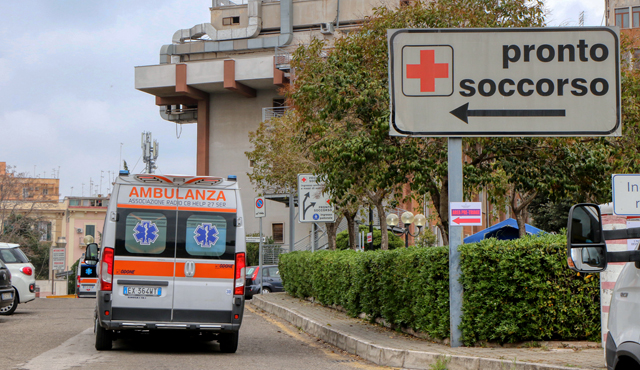If you have dual citizenship, do you have access to the Italian health care system while you’re in the country, even if you don’t live there?
No, you don’t. As a dual citizen of Italy and America, you can apply for your Tessera Sanitaria, which is the Italian National Healthcare Card. This card grants you access to healthcare services in Italy and the EU at greatly reduced or no cost, but only if you choose to live in Italy as a permanent citizen.
It’s important to note that, for dual citizen living permanently in Italy to use Italian healthcare benefits while residing in the other country, that country must have an agreement with Italy on the matter. Unfortunately, Italy and the U.S. do not have such an agreement. If you decide to move back to the U.S., your healthcare benefits will be terminated upon your cancellation from the municipal registry office and registration with the AIRE.
There are, however, exceptions. If you have emigrant status — in other words, you were born in Italy or acquired your citizenship while living there — or if you’re a pension holder with Italian social security institutions, you are entitled to receive free urgent hospital care for up to 90 days in a calendar year when temporarily returning to Italy, as long as you don’t have public or private health insurance coverage.
To access this urgent hospital care, you must submit a substitute declaration of certification confirming your personal information, emigrant status and the absence of insurance coverage.
For all of the above reasons, it is advisable to obtain medical insurance with overseas coverage before any trip to Italy. Please note that foreign citizens in Italy have the right to receive hospital care regardless of their insurance status, but they’ll often have to pay for those services. Emergency services in public hospitals are often free but non-emergency services may incur a fee. Private hospitals typically do not have emergency rooms, and admission to a private hospital usually requires prior arrangements with the hospital’s administration or a doctor affiliated with the private hospital.
Send your questions regarding Italian law to cbortolani@aliantlaw.com and I’ll be glad to answer them.
The content provided in this Q&A column is intended solely for general informational purposes and does not constitute legal advice. The information presented here is not tailored to any specific situation or transaction and should not be relied upon as a substitute for professional legal counsel. Legal issues can vary widely based on individual circumstances and jurisdictional nuances. Therefore, it is crucial to consult with a qualified legal professional regarding your specific case or concerns. Please be aware that no attorney-client relationship is established by accessing or interacting with the information provided in this column. The column’s author and publisher disclaim any liability for actions taken based on the information contained herein.
 Fra Noi Embrace Your Inner Italian
Fra Noi Embrace Your Inner Italian







